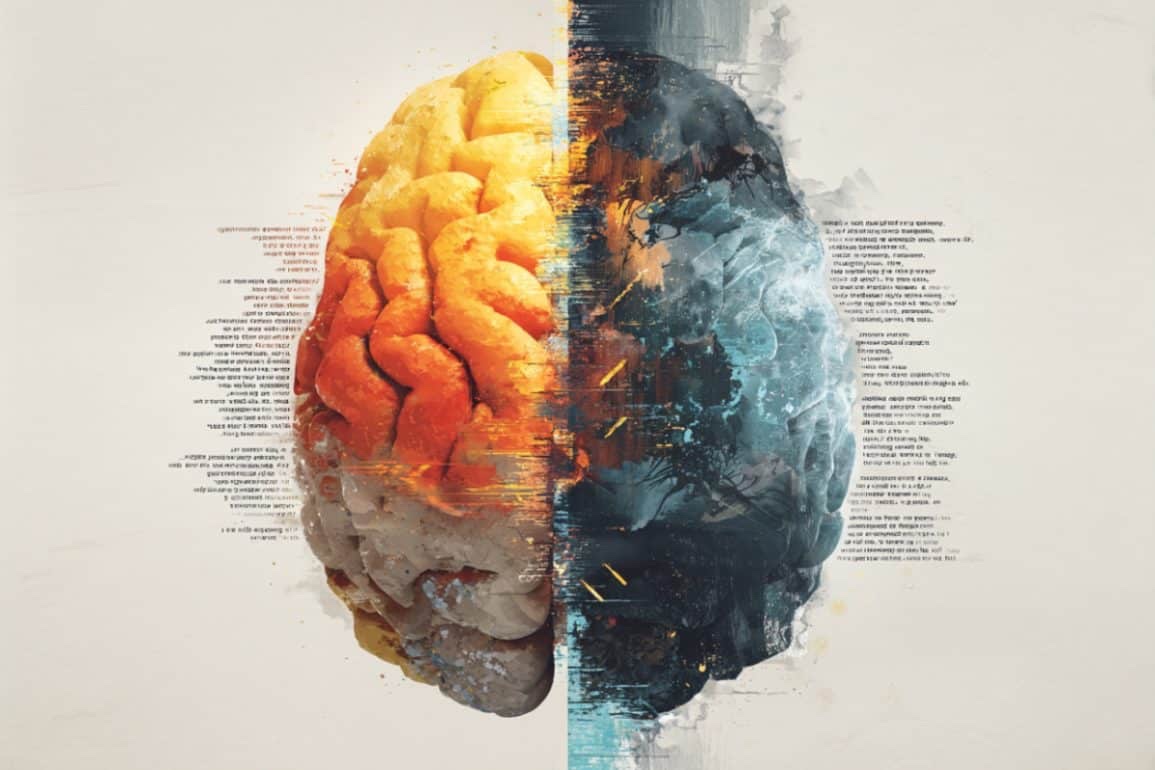The vagus nerve is a modulator of intestinal immune homeostasis. The gastrointestinal tract is constantly confronted with food antigens, possible pathogens, and symbiotic intestinal microbiota that present a risk factor for intestinal inflammation (63). It is highly innervated by vagal fibers that connect the CNS with the intestinal immune system, making vagus a major component, …
Continue reading "vagus nerve: brain-gut axis in psychiatric and inflammatory disorders – part II"









